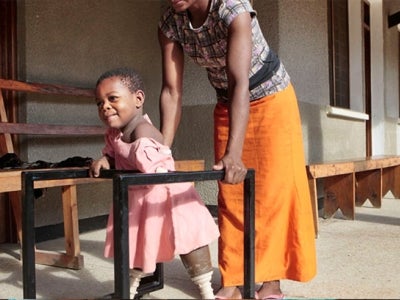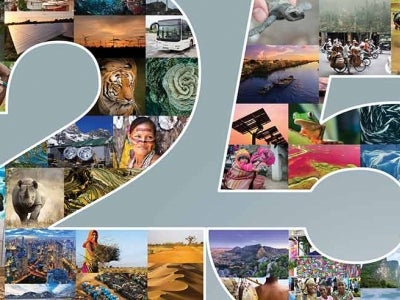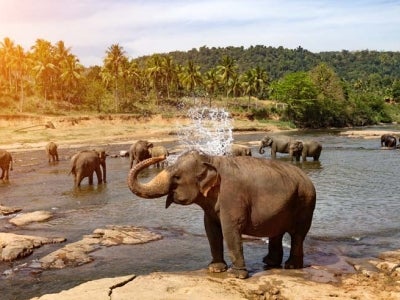
As the biggest funder of measures to meet global environmental challenges, the GEF is supporting a number of programs in Liberia, ranging from small grant programs to climate change adaptation. Photo: West Point Monrovia by Mark Fischer via Flickr CC.
By P. Emmanuel Munyeneh, Assistant Minister for International Cooperation and Economic Integration, Ministry of Foreign Affairs
"Heal the world”, Michael Jackson, the late king of pop, would say.”Make it a better place for you and for me and the entire human race." In contrast with former centuries, the world is now turning in a more careful direction, emphasising environmental considerations. We are beginning to assert our role as custodians of the planet, with an emphasis on bringing humanity and nature into harmony. But isn't it rather too late to put things back into focus?
Developed countries, whose populations are more conscious of these issues, are more informed about the implications of making the world a better place, and the environment has become a top priority for political candidates. At the other end of the spectrum, developing and small island nations are seriously grappling with the balance between natural resource management and economic growth. For developing countries, the concept of using natural resources in ways and forms that do not jeopardize the rights of future generations poses a seemingly insurmountable challenge. The necessary role and place of international non-state actors is in buttressing the efforts of countries that are caught between limited budgets to meet social and economic needs and the need for sustainable practices on the environment.
The GEF is in so many ways ideally useful in helping developing countries to address environmental challenges including international waters, biodiversity, climate change, sustainable land management, land degradation, chemicals etc.
As the biggest funder of measures to meet global environmental challenges, the GEF is supporting a number of programs in Liberia, ranging from small grant programs to climate change adaptation. Implementing these projects is yielding considerable results. Farmers, for example, now have a broader understanding of climate change and of how such innovative practices as inter-cropping can help them make their livelihoods. The GEF needs adequately to address the issue of sustainability of its programmes, as part of its support mechanism,. Monitoring of such short term interventions as a break-water revetment in Buchanan, or setting up early warning systems to help farmers make the right decision is seemingly non-existent; meaning that there is a hurdle in the project management implementation cycle.
Ensuring value for money requires that the GEF goes a step further by investing in human capacity to manage these projects sustainably. Sending consultants to prepare Project Identification Forms and to conduct assessments is staggering for farmers who need information on land degradation and soil management. A more proactive GEF, with a focus on domestication and ownership, could indeed maintain its place as a leading environmental institution.


